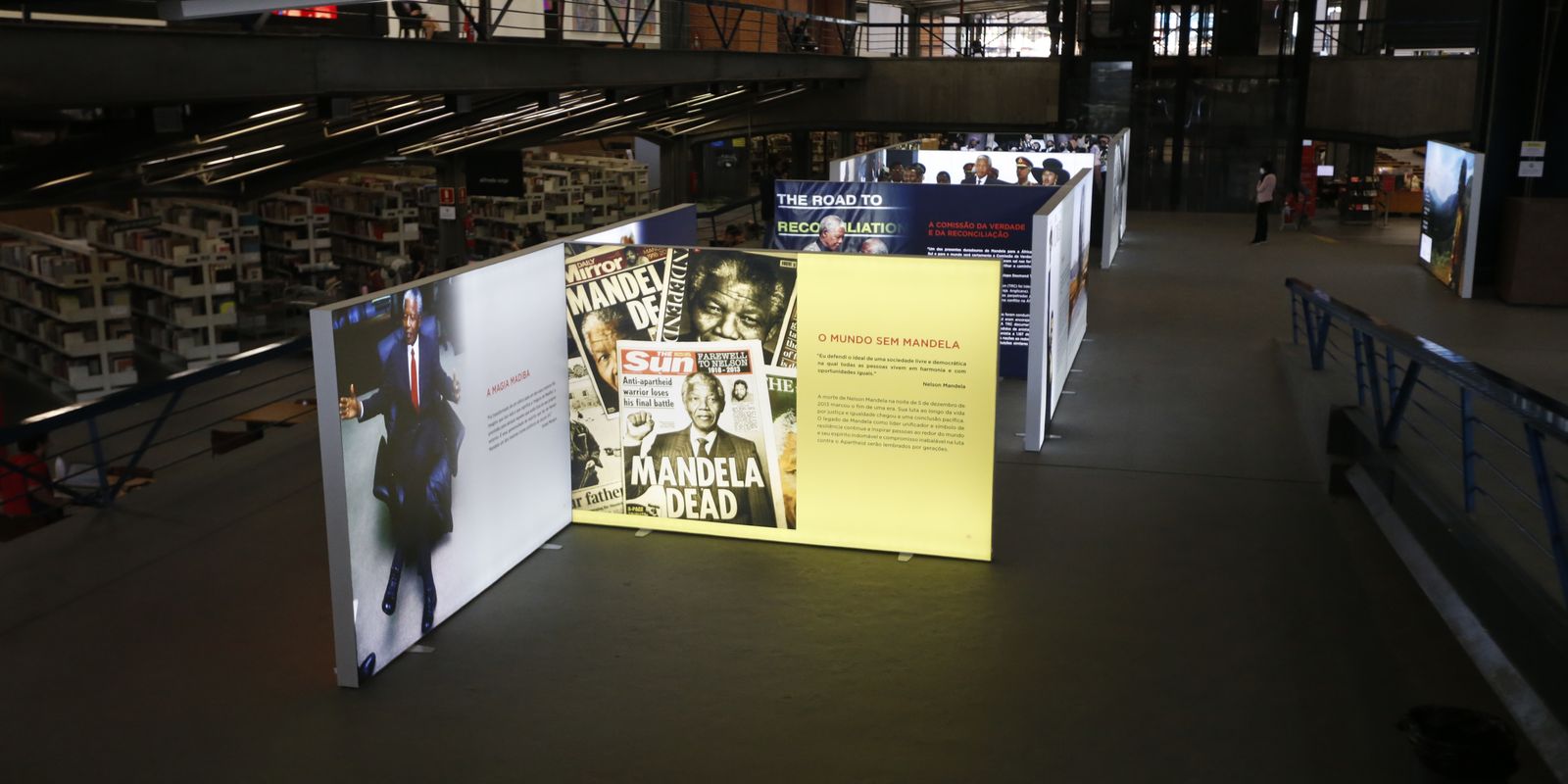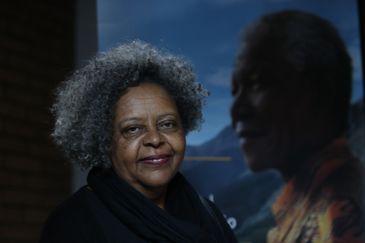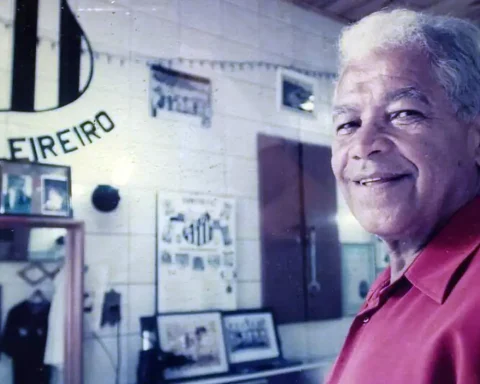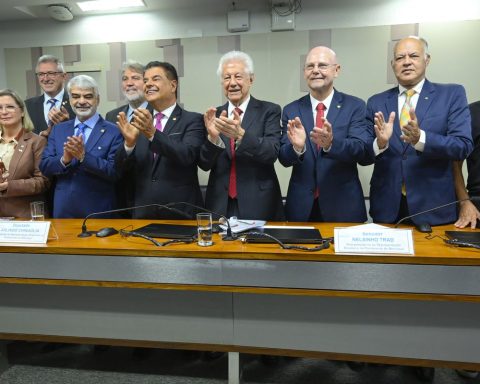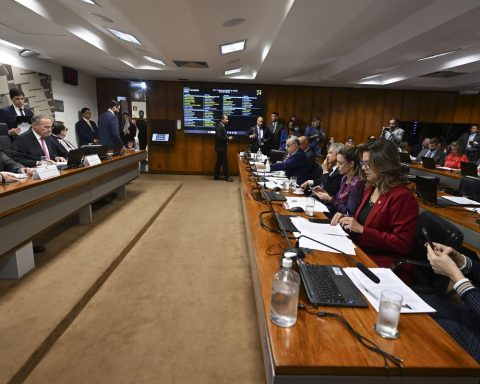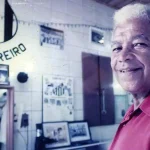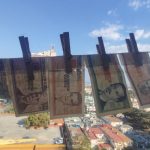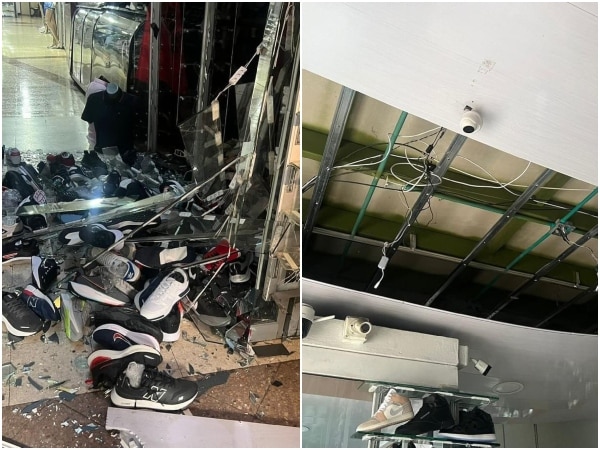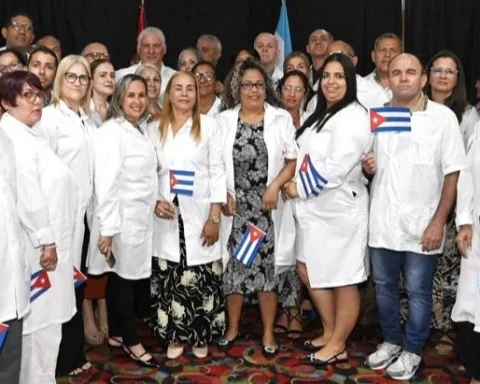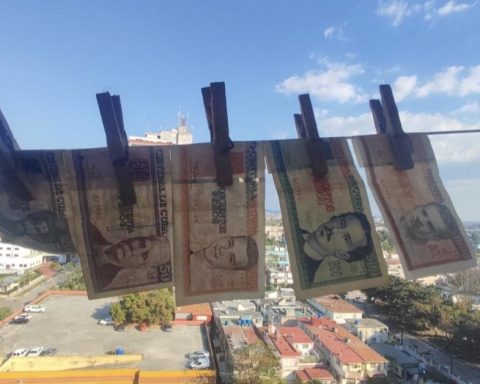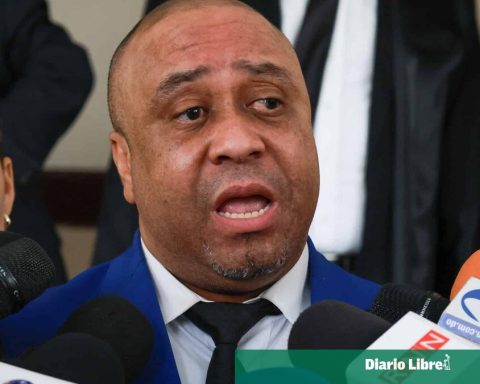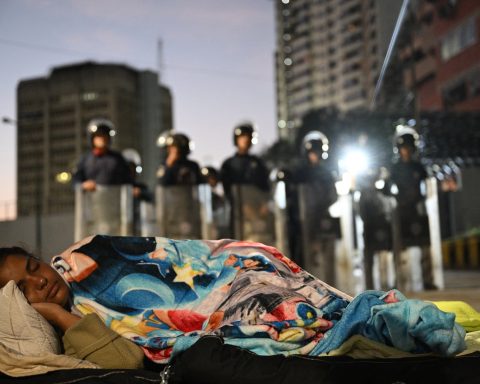“I will pass through this world only once and I do not wish to deviate from my task, which is to unite the nation.” This is how Nelson Mandela defined his great life mission and how he received recognition throughout the world: as a defender of peace and freedom and as a tireless fighter against Apartheid, the oppressive and segregationist regime adopted by South Africa.
That is why, since 2009, the United Nations (UN) has celebrated July 18, his birthday, as Nelson Mandela International Day, recognizing his contribution to the culture of peace and the promotion of human rights and democracy throughout the world.
“Nelson Mandela’s legacy serves each and every nation, each and every country, each and every person because peace is necessary globally,” said Matilde Ribeiro, professor at the University of International Integration of Afro-Brazilian Lusophony (Unilab) and former minister of the Special Secretariat for Policies to Promote Racial Equality, this Thursday (18).
This afternoon, the former minister participated in a panel discussion at the São Paulo Cultural Center (CCSP), in the capital of São Paulo, to celebrate the life and legacy of Nelson Mandela. “I usually say that he was a fighter, because when we call people heroes it seems like they stop being people. He was a visionary man who defended freedom, fought against apartheid, was arrested and tried as a terrorist, and his terrorism was to fight for peace in the world,” she said in an interview with Brazil Agency.
Died in December 2013at 95 years old, Mandela fought tirelessly for the end of the racial segregation regime (apartheid) in South Africa. He was also the first black president of South Africa, from 1994 to 1999, and received the Nobel Peace Prize in 1993.
“Mandela left us an immense and multifaceted legacy. Perhaps the main element that stands out from this is the possibility of reconciliation, the ability to unite around oneself a very diverse, very complex country that has been deeply hurt by the events of history,” said Ambassador Antonio Augusto Martins Cesar, director of the Africa Department of the Ministry of Foreign Affairs, who spoke to Agência Brasil before participating in the debate with the former minister.
“Communities that had suffered greatly were united by him around a reconciliation project that ran serious risks during its initial stages of implementation and is a work in progress to this day. And the figure of Mandela and the inspiration he brought through his life, through his struggle and through the years he led the country, remain as a beacon, as a model, an ideal, an example of virtue, balance, resilience and hope for the future,” added the ambassador.
Legacy
For the former Brazilian minister, Mandela’s legacy continues to be important throughout the world, mainly because the marks of exploitation and racial segregation are still present, not only in South Africa.
“Apartheid is officially over, but the scars remain. Apartheid is a nefarious regime that imposes separatism by law. And Mandela always said that humanity is unique and strongly advocated that education is a way to build justice and democracy. He has a very important speech, which is reflecting on racial hatred. He said that if people are educated to hate, they can also be educated to love. This is very strong, very powerful. In Brazil, we have a racism that, sometimes, people want to sugarcoat, saying that it is mild or cordial, but it is not cordial at all. Racism is racism. You cannot invest in the superiority of one people to the detriment of others,” he said.
Although the Brazilian Constitution is one of the most democratic in the world, the former minister emphasized, the fight against racism in the country is still necessary. And this problem will only be overcome, according to her, through inclusive public policies that involve the inclusion of black people in universities, the prospect of equal pay for equal work, the need for professional training for the poor population and the construction of paths for public safety and racial and gender equality policies.
For Matilde Ribeiro, a reparation policy is also necessary. “Brazil has 524 years of official life and 400 years of slavery. So, in these almost 130 years, there has been no effective action by the State to include this contingent of former slaves,” she said.
Mandela and polarization
“Mandela is timeless,” said Duncan Chaloba, professor of economics at the Pontifical Catholic University of São Paulo in Campinas (PUC-Campinas), who moderated the panel discussion. For him, Mandela’s struggle continues to be important today, especially when democracy is being put at risk in many parts of the world.
“Everything Mandela said – or lived by – is happening today. The polarization around the world will require some leaders like Mandela again. What model of democracy should the world follow? First we need to quantify and qualify democracies. The books mention India, but what is happening in Indian politics? The books present the United States and the United Kingdom as models of democracy. But what has happened in the last ten years in the United Kingdom? How many times has the prime minister been changed there? And what is happening today in the United States? Where is Mandela to help us?”, asked Chaloba.
Exhibition
Mandela’s life and legacy can be visited by the public at the exhibition Mandela, Global Icon of Reconciliationwhich will be on display at the São Paulo Cultural Center (CCSP) until August 30th.
The free exhibition features 50 photographic panels that were brought to the country by the Brazil Africa Institute (IBRAF) in an exclusive partnership with the Nelson Mandela Foundation, an organization created by Mandela in Johannesburg, South Africa. These panels not only feature photos of Mandela, but also tell his story and highlight some phrases he said throughout his life. Among them, one that became a great lesson: “I never lose. Either I win, or I learn.”
